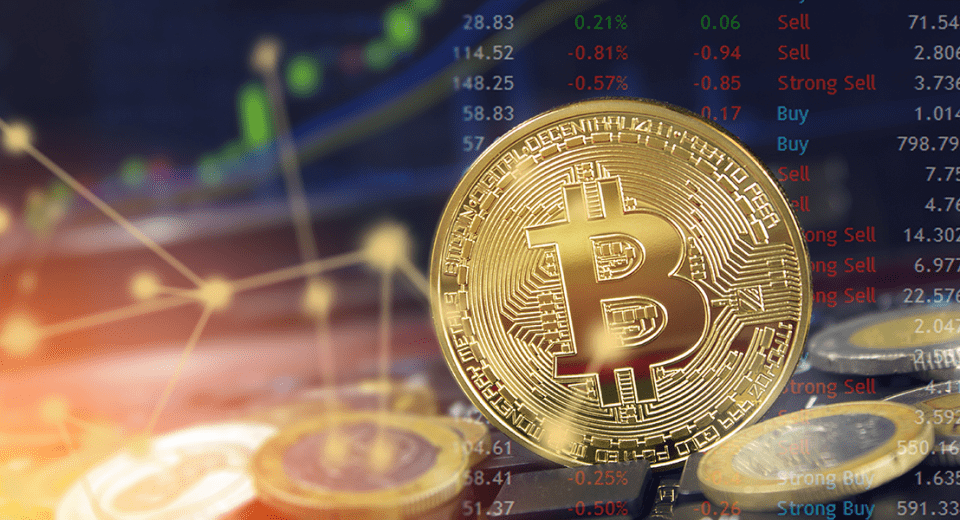The British Pound was once the world’s dominant currency, a position that was taken over by the US Dollar, following World War II. But, the Great British Pound (GBP) still remains the most economically and financially important currency in the world. In relation to turnover, it is the fourth most traded currency and third most widely held reserve currency in the world.
As of August 2019, the GBP is looking at a very uncertain future. The economic growth of the UK has been hampered for the past three years, ever since the Brexit referendum. Although a Brexit resolution might bring about support for GBP recovery, with the Bank of England expected to raise interest rates to counter short-term rise in inflation, the uncertainties caused by the severance from the EU will continue to make the currency volatile for some time to come.
For GBP traders, it is crucial to understand and track all the factors that can affect its performance. Here are some of them.
1. Inflation Levels
Any deviation from the inflation target of 2%, set by the Bank of England (BoE), will result in changes in the future monetary policies drafted by the Central Bank. To track the levels of inflation, the Consumer Price Index (CPI), released by the Office for National Statistics, is generally followed by traders. This calculates the rate of change in prices of services and goods for a particular time period. A high rate of inflation, with respect to other countries, usually leads to a depreciation of the domestic currency’s value. The UK’s inflation rate rose unexpectedly to a level of 2.1% in July 2019, which could lead the BoE to raise interest rates in the near future.
2. Interest Rates
The Bank of England is responsible for maintaining healthy inflation levels, as well as economic stability, while promoting employment growth. It has various tools at its disposal to achieve all this, including increasing or decreasing the interest rates. These decisions are taken by the Monetary Policy Committee (MPC) on a monthly basis.
A rise in interest rates usually causes the currency to appreciate, since it makes the country favourable for foreign investors, provided the inflation level is in control. The Bank of England has kept the rate constant at 0.75% so far in fiscal 2019. But, it has re-affirmed its intention to limit rate increases, if the Brexit transition goes smoothly and there are indications of global growth.
Not only the BoE, but major Central Banks across the globe have adopted a dovish stance in recent times, on account of several factors.
3. Balance of Payments
The current account, which reflects the country’s balance between imports and exports, is of great interest to forex traders. When the current account surplus is positive for the UK economy, it signifies that more capital is flowing into the country, than the amount leaving it. This means higher confidence among investors in the UK economy, which, in turn, leads to currency appreciation. While the current account reports are released monthly, the trade balance statements can be accessed on a quarterly basis.
As of August 2019, the UK has a trade surplus with the EU of £19.8 billion. If the UK leaves the EU with a no-deal Brexit, many important sectors of the country’s economy could be hit hard, especially industries like motor vehicles, electronics and processed foods. The EU is the main export market for motor vehicles, accounting for 57.5% of Britain’s exports.
The trade relationship between the UK and EU will depend on the terms of the Brexit deal. A fallback to the WTO rules will result in a rise in trade costs for the UK, which will be reflected in increased inflation levels.
4. Price of Oil
The United Kingdom is a global net exporter of oil products. The strength in the nation’s financial services sector has also led to it playing a huge role in energy trading, through the futures market. The price fluctuations of Brent Crude, derived from the British North Sea, remain a major benchmark for international oil trade.
Needless to say, the oil sector is a very important part of the UK economy and has a major impact on the country’s current account balance. Lower oil prices and lagging oil production could lead to a weakening of the Great British Pound, particularly since the offshore drilling of Brent Crude is expensive.
5. Political Uncertainties
Political crisis is always bad for the domestic currency, and the last three years of the Brexit drama has taken a huge toll on the Pound Sterling. It has gone to multi-year lows against the Euro and the US Dollar since then. Before the Brexit referendum, the GBP was trading at nearly $1.50 against the US Dollar. It suffered two significant blows in 2016, one after the British referendum to leave the EU and again, after the re-election of the Labour Party leader, Jeremy Corbyn, who supported Brexit back then.
Despite a small recovery in 2017, the GBP continued to sink lower, as possibilities of a no-deal Brexit became more evident. By the time Prime Minister Theresa May quit, in May 2019, the Pound Sterling was trading at $1.2725.
In the first week of August 2019, the UK currency dipped to 10-year lows against the Euro, with a hard-Brexit favouring Prime Minister coming to power. In July, the new Prime Minister, Boris Johnson, addressed a letter by the Chancellor of the Exchequer, asking him to take steps in re-assuring the currency markets that the government will accept a compromise in Brexit negotiations.
Currently, a collapsing GBP is perhaps the most significant damage brought on by the Brexit crisis. For the citizens, it is making everything expensive, right from travelling abroad to buying groceries. Analysts predict a further dip in the value of the currency in the months ahead, owing to the uncertainties surrounding Brexit. Moreover, there are also chances of another general elections being held, which would lead to significant further volatility. However, there are some experts who believe that the GBP might end up in parity with the US Dollar.
In terms of trading the GBP, forex traders need to pay close attention to geo-political developments and adopt proper risk management tools and diversification strategies. A no-deal Brexit, on October 31, 2019, could very well harm investor confidence and push an already stagnant economy towards recession.
Reference Links





